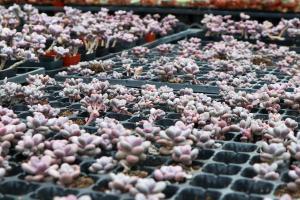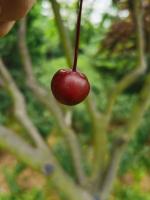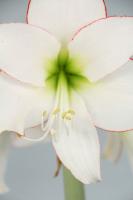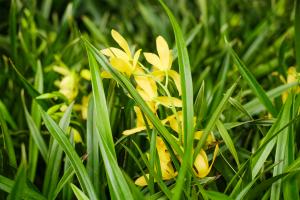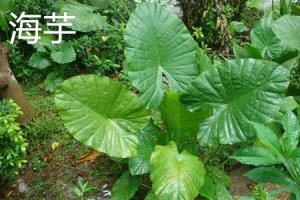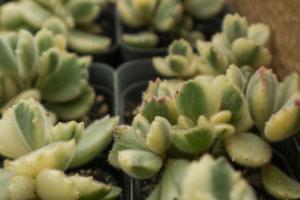What Trees Like Winter to Plant for Fence
Winter can be a challenging time for trees. The cold temperatures, frost, and snow can cause damage to both young and mature trees. However, some trees are better adapted to winter conditions than others. If you're looking to create a natural fence for your property, here are some great winter-hardy trees to consider:
1. White Spruce
White spruce is a popular choice for creating natural fences because of its dense foliage and conical shape. This evergreen tree can grow up to 80 feet tall and can tolerate cold temperatures and harsh winter winds. White spruce is also resistant to many pests and diseases, making it a low-maintenance option.
2. Norway Spruce
Another evergreen option is the Norway spruce. This tree can also grow up to 80 feet tall and has a similar dense foliage and conical shape to the white spruce. However, the Norway spruce has slightly longer needles and can be more tolerant of shade. It's also a hardy option for winter and can even tolerate some drought conditions.
3. Eastern Red Cedar
The Eastern red cedar is a great choice for a natural fence if you're looking for something with a unique texture. This tree has a shaggy, reddish-brown bark, and its foliage is actually made up of scale-like leaves rather than traditional needles. The Eastern red cedar can grow up to 50 feet tall and is well-suited for harsh winter conditions.
4. American Arborvitae
The American arborvitae is another popular evergreen option for creating natural fences. This tree has a moderate growth rate and can reach up to 60 feet tall. The American arborvitae is also known for its thick foliage and pyramid shape, which makes it an ideal screening option. This tree can handle cold temperatures and even some drought conditions.
5. River Birch
If you're looking for a deciduous option for your natural fence, the river birch is a great choice. This tree has a unique, peeling bark that adds an interesting texture to your landscape. The river birch can also grow well in wetter soil conditions and can tolerate some drought. It's a hardy tree that can handle cold winter temperatures.
Conclusion
When it comes to creating a natural fence for your property, there are many options available. However, it's important to choose trees that can handle the harsh winter conditions that are common in many parts of the country. By selecting trees like the white spruce, Norway spruce, Eastern red cedar, American arborvitae, and the river birch, you can create a beautiful and functional fence that can withstand the challenges of winter weather.

 how many times do yo...
how many times do yo... how many planted tre...
how many planted tre... how many pine trees ...
how many pine trees ... how many pecan trees...
how many pecan trees... how many plants comp...
how many plants comp... how many plants can ...
how many plants can ... how many plants and ...
how many plants and ... how many pepper plan...
how many pepper plan...